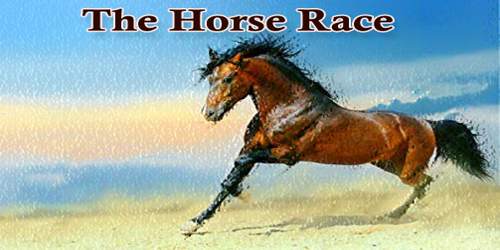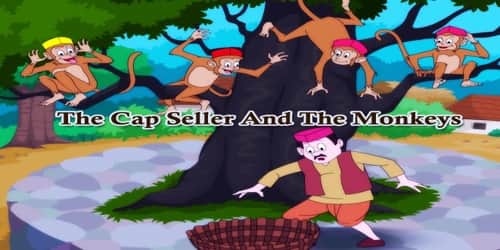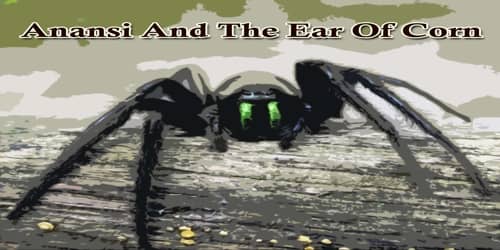Once upon a time, two colts were born. When they turned a year old, their owner sold them. One of the horses was sold to a prince who lived in a nearby palace, and the other was sold to a peasant who worked the prince’s fields.
The two horses were sad to part, for they dearly loved each other, as dearly as if they were brothers. Still, now and then they stole time together. The prince often let his palace horses out to pasture in the fields, to wander and graze, and whenever the peasant’s horse saw his brother, he trotted over to visit.
When they did meet, they talked for hours. They reminisced about their early days, the smell of the barn where they were born, their mothers’ gaze, the blue skies of their childhood, their first journeys.
Then they talked about their present lives. The prince’s horse told stories of the palace stable where he ate the freshest hay and drank the cleanest, coldest water, and was brushed until his coat shone, and where the prince would often give him treats salts and sugars to his heart’s content. The peasant’s horse talked of his hard work tilling fields under the hot summer sun.
For years these conversations continued, but after a while, the prince’s horse began to feel superior and to brag about his status.
“Haven’t you noticed how handsome my coat is?” he asked his brother, the peasant horse. “I’m sleek and shiny, don’t you think? I’m far more handsome than you.”
“So you are,” said the peasant’s horse, looking down at his ragged hooves. He noticed that his brother’s hooves were always beautifully shod.
“I’m very smart, don’t you think?” asked the prince’s horse. “I must be smarter than you, or I wouldn’t live in such a fine home. Do you think I’m smarter?”
The peasant’s horse could only nod, for he had to admit his brother’s home was far more comfortable than his, and his tales of the sweets and treats he ate each night left the peasant’s horse longing for these.
“I’m faster, too,” said the prince’s horse.
At this the peasant’s horse looked up, surprised. “Do you think so? Why would you think that is so?”
“Look at me!” the prince’s horse said. “I’m sleek, I’m fit, I’m slim, I’m shod, I’m smart. Of course, I could beat you in a race, my dear brother.”
“Why don’t we race, then, and see?” the peasant’s horse said.
“If you wish,” the prince’s horse said. “We’ll race around the prince’s ring.”
The two of them trotted to the ring, standing hoof to hoof at the starting line. “Go!” cried the prince’s horse, and with that, he set off at a gallop, while the peasant’s horse began to trot around the ring.
The prince’s horse quickly rounded the ring, passing his brother with ease. “That’s one,” he cried out to his brother. “Do you want to give up?”
“Of course not,” said the peasant’s horse, and on he trotted.
Again the prince’s horse easily lapped his brother, and once more as he passed, he said, “That’s two for me, but you’ve gone only halfway round. Do you give in now?”
“Never,” said the peasant’s horse, and he trotted on while his brother raced ahead.
Again the prince’s horse passed his brother, and a fourth time he did. Each time he asked the peasant’s horse if he wished to quit. Each time the peasant’s horse said no.
A fifth time the prince’s horse passed his brother, and then a sixth time, but on the seventh lap, the prince’s horse began to gasp for air, and by the eighth lap he was sweating and achy.
“Are you sure you want to continue?” the prince’s horse panted as he passed his brother on the ninth lap.
“I’m fine,” said the peasant’s horse, for he had moved at such a steady trot, he was just beginning to warm up, and he knew he could trot on for hours. He was used to hard labor. His brother, he could see, was exhausted.
At last, on the 10th lap, the prince’s horse’s legs gave out. Suddenly he stopped dead in his tracks, unable to move. He limped to the edge of the ring, and there he collapsed in the grass, his flanks heaving as he gasped for air.
“Are you quitting?” asked the peasant’s horse as he trotted past.
“I’m only resting,” answered the prince’s horse, and he watched his plodding brother trot round and round and round the ring. He watched as he trotted 20 laps, then 30, then 40, and finally, on the 41st, the peasant’s horse stopped beside his brother. “Perhaps that is enough for today,” he said to the prince’s horse. “What do you think?”
“I understand,” the prince’s horse said, and he felt ashamed, and never again did he judge his brother or anyone else, simply on the measure of their superficial appearances.
















